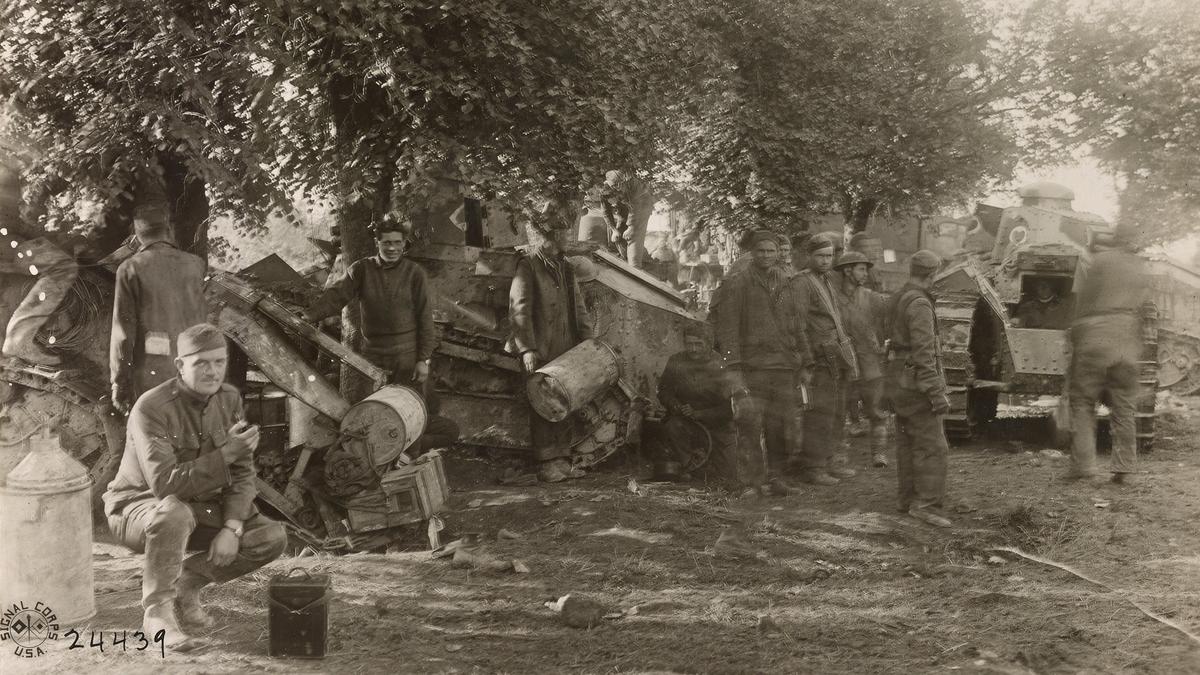Reading
Mamdani’s mayoral campaign shows a successful playbook for the left — but years of history united NYC progressives against Andrew Cuomo.
The post Zohran Can Happen Anywhere (But Having an Opponent Like Cuomo Helps) appeared first on The Intercept.
Your biggest mistake wasn’t forgetting that we have feelings (and social media accounts) of our own.
Your biggest mistake, in posting “All Disney’s good for these days is a live action slog and a CGI clusterfuck,” was thinking that we’re too cute and wholesome to retaliate.
Keep in mind, Bambi was cute, too. Then we killed Bambi’s mom.
Cold open. Drone footage pushing in on a shiny red racecar. Back from the depths of 2006, in live-action form, is everyone’s favorite rookie, Lightning McQueen, in a teaser trailer for the Cars remake.
But what’s that—something on the bumper?
Nope. That’s real teeth superimposed onto the front of an actual vehicle. You won’t be smiling once you’ve seen the full sets of teeth we’re giving those things. I’m not just talking about molars and canines—I’m talking about cavities, gingivitis, and the whole sensitive toothpaste industry. Yeah, we’ll schedule the cars for some financially ruinous appointments. We’ll make your favorite movie a constant reminder of last year’s crown and next year’s car trouble.
In a 6 to 3 decision, the Supreme Court allowed South Carolina to bar over 1 million people from accessing health care.
The post SCOTUS Gives States a Path to Strip Poor Patients’ Planned Parenthood Access appeared first on The Intercept.
In the annals of national suicide, the present dismantling of the American state will surely rank high. It may not reach the apogee attained by Russia in its final Tsarist days or by Louis XVI in the run-up to the French Revolution, but Great Britain’s Brexit hardly smolders compared to the anti-democratic dumpster fire of the Trump regime. Countless governmental, scientific, educational, medical, and cultural institutions have been targeted for demolition. The problem for the rest of the world is that the behavior of Trumpian America is more than suicidal — it’s murderous. The deaths are mounting. By one accounting, the disruption of overseas food and drug shipments from the United States Agency for International Development (USAID), including life-saving HIV,... Read more
Remember the summertime barbecues of childhood? Sunshine, sprinklers, the slurred speech of day-drunk parents? When, as kids, we’d eat potato chips and, alternately, drink lemonade? Delicious, but so inefficient. With a chip in one hand and a lemonade in the other, how did we even eat a hot dog, wave a little American flag, or blow a few fingers off in an unfortunate fireworks accident?
Enter the Utz Lemonade Potato Chip. It’s a summertime limited edition that’s banking on our nostalgia for summers past and the universal desire to save time by combining salty, crunchy snacks with sweet, sour liquids.
Jeff and I (Talia) are coworkers, so, like consolidating every flavor category into one chip, snacking together in the breakroom is a feat of efficiency: We socialize and avoid starvation while earning wages. Triple play!
I like these Utz Lemonade Potato Chips—they’re tangy, like salt and vinegar chips, but also somehow sunny, like the sun—so over lunch with a few colleagues, I lure Jeff into my sweet lemon chip cult.
On July 21, 2021, after Donald Trump had finished his first term as president, he gave an interview at his Bedminster golf club in New Jersey to a ghost writer and a publisher who were working on the memoirs of his former chief of staff Mark Meadows. He let them see the secret and still […]
The post Flicking the War Switch appeared first on The New York Review of Books.
Dear Everyone Telling My Daughters They Can Be Anything They Want,
Please stop.
I agree with you in spirit, but telling my five and four-year-old daughters they can be anything they want only gets their hopes up, which you’re forcing me to dash. I’m already the bad guy at bedtime, dinner time, and any time that interrupts screen time.
Practically, they can’t be anything they want. For example, as both have requested, neither can become a penguin, an apple tree, or, apparently, the President of the United States. Also, my wife and I are both under 5’5", so a successful basketball player, house painter, and shelf stocker are likely out of the question too. Jockey, you say? We don’t have horse girl(s’) money!
Guess who gets to break the news to my daughters that they can’t intern with Santa? The same person who had to explain that the tooth fairy is a lifetime appointment and no, they’re not currently requesting résumés.

- by Aeon Video

- by Rebecca Roache

We think of tears as an overflow of emotion, but an evolutionary lens shows they’re a rational form of social signalling
- by Daniel Sznycer & Debra Lieberman

The diplomatic intervention by a philosopher on a president shows the extraordinary consequences of unlikely meetings
- by Sam Dresser
But our ancient ancestors set the world ablaze 50,000 years ago
The post We Didn’t Start the Fire appeared first on Nautilus.
Chatbots profile our personalities, which could give them the keys to drive our thoughts—and actions
The post AI Already Knows Us Too Well appeared first on Nautilus.
The largest map of the universe reveals giants at the birth of the universe
The post Rethinking the Big Bang appeared first on Nautilus.